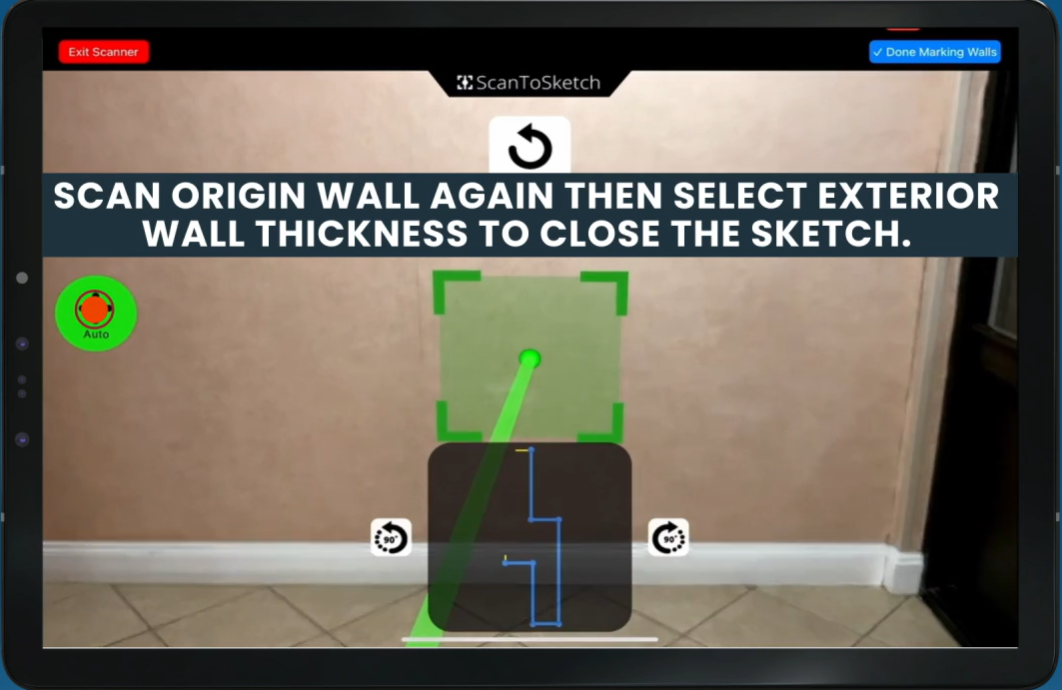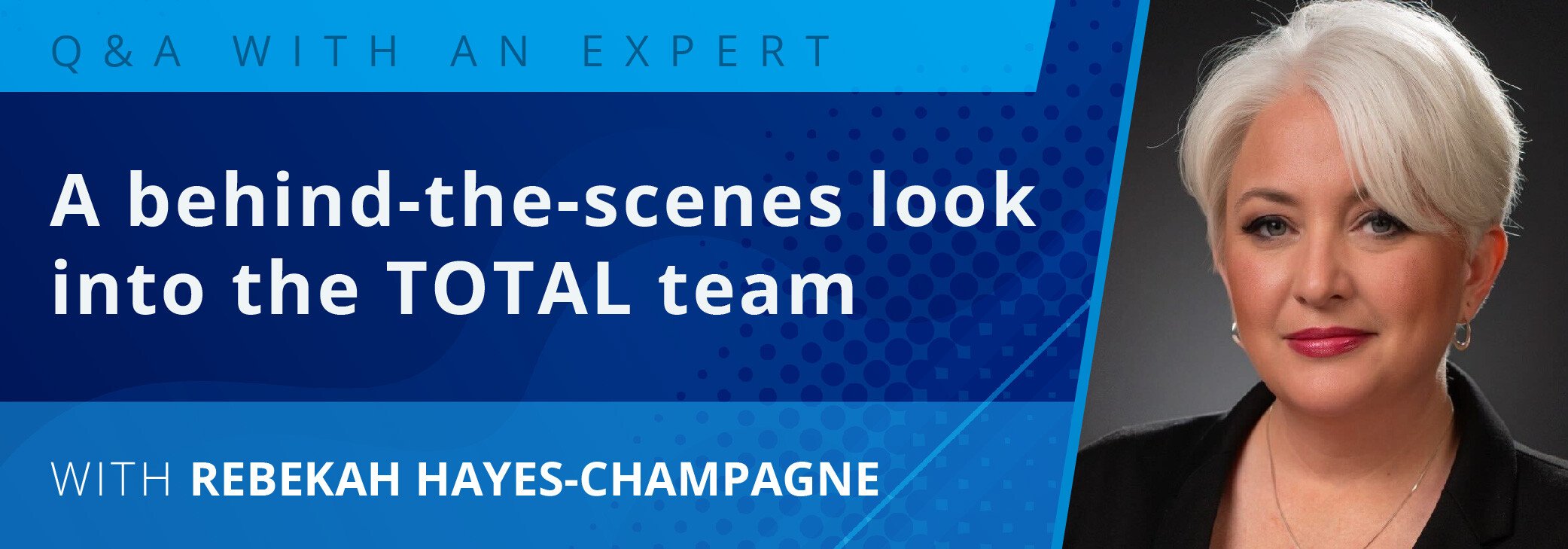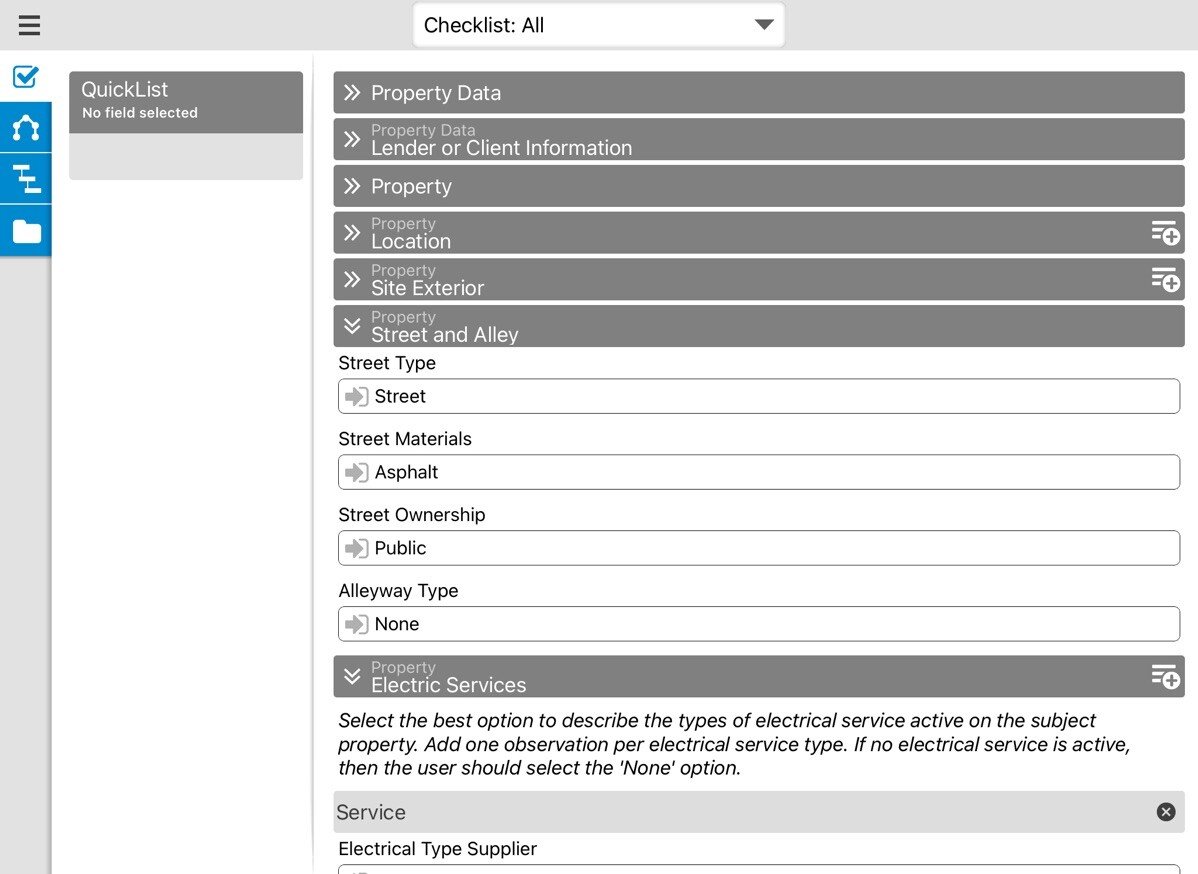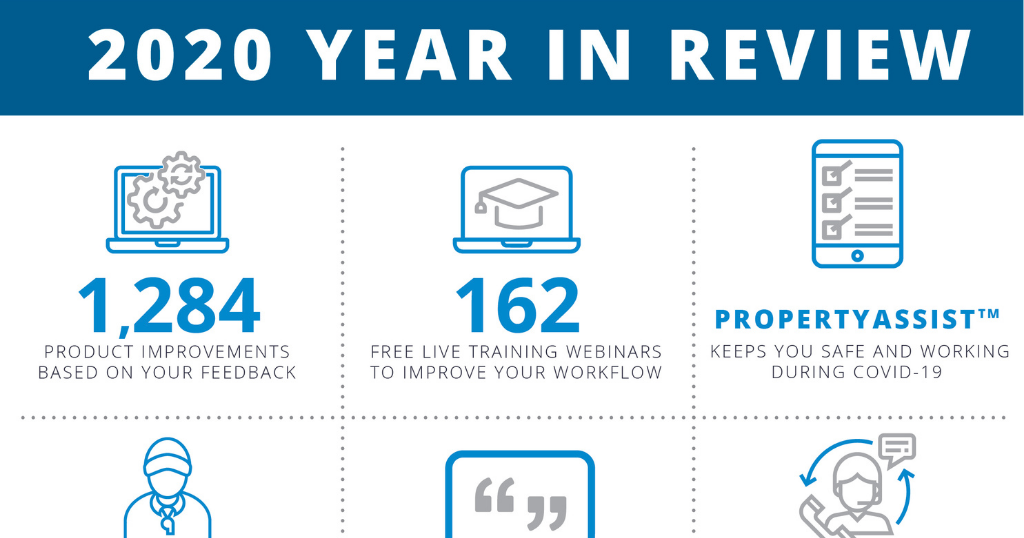Three weeks ago we told you about Fitch Ratings, an investment risk assessment firm, deciding to discount the value of residential mortgage backed securities in soft or weak markets where anything less than a full appraisal was used to value the collateral. The move has generated quite a bit of publicity for the appraisers vs. AVMs debate, some of which we noted last week.
American Banker wrote a 1,000 word story in its May 4 edition entitled "Automated Appraisal Industry Rakes Fitch Discount Move." As is clear from the headline, the story was mostly an opportunity for AVM advocates to defend the proposition that AVMs are just as reliable as appraisals. A lender representative was quoted as saying "The same data used in AVMs is being used by appraisers."
This, of course, is not true, and a la mode founder and CEO Dave Biggers made that point in a letter to the editor of American Banker, which the widely-read trade publication ran in its May 7 edition.
"The primary source of data used by almost every AVM in the country is public records, but that data is largely compiled by data-entry personnel overseas who sort through crateloads of plain old paper shipped in from the States," the letter stated. "That process takes at least 60 days, and then the data has to be reintegrated into the models after it's distributed to the various first- and second-tier AVM providers.
"Also, that data is sent overseas only after closing, not at the time the contract is being written, which is the real date of the buyer and seller's agreement on the price. That throws in another 30 days at the very minimum, usually more."
To the contrary, the appraiser sees and considers – must consider, under USPAP – sales that were marked as sold on the local MLS as of just yesterday, the letter pointed out. The appraiser also considers what listings expired just yesterday, what sales closed just yesterday, and what listings came on the market just yesterday.
"No AVM can see over the hill; it can only adjust relatively linearly with respect to data it's already seen," it said. "If the market shift is occurring right now, the past data won't reflect that, and it will continue to apply the positive or negative time adjustments for another 120 days or so, because the shifted data isn't even a strong enough trend at first to outweigh the 90 days of upward-trending data."
Appraisal Intelligence, a high-end source of business and technology news for appraisal industry participants, held a previously-scheduled audio seminar April 29 on AVMs at which Fitch's decision was a hot topic. The newsletter devoted most of its Fitch-centric coverage to its pro-AVM panel. However, it did run a snippet from our April 20 e-newsletter (which it erroneously attributed to Dave Biggers) that said how delighted we are about Fitch's decision, "because it's good for our customers."
We said AVM vendors would either have to prove their products are reliable enough to support underwriting decisions, or mortgage originators would have to acknowledge they can't do business with AVMs on first mortgages. "Either way, appraisers and homebuyers win," we said.
Kenneth Harney's nationally-syndicated real estate column was devoted this weekend to the Fitch/AVM story as well. Appearing in the Washington Post, Chicago Tribune, Miami Herald and many other major newspapers, the column asked the question, "Does it matter if your lender uses a live appraiser, an online property value database or a quick 'drive-by'?
"You bet it does – especially now," it concluded. Harney speculated that individual consumers would feel the effects soon enough. "For some home buyers, [this] could mean paying $350 to $500 for a traditional appraisal rather than $50 to $100 for an alternative valuation. It could also mean longer processing times for loans to move from application to closing."
We told you back in our April 20 edition that Fitch's move would be felt quickly. Harney agreed. "Look for a renewed emphasis on old-fashioned, on-site appraisals in many parts of the country," he wrote. "If the bond investors who put up the money for your mortgage want a real, live appraiser to visit the house that you are buying, they're likely to get their way."



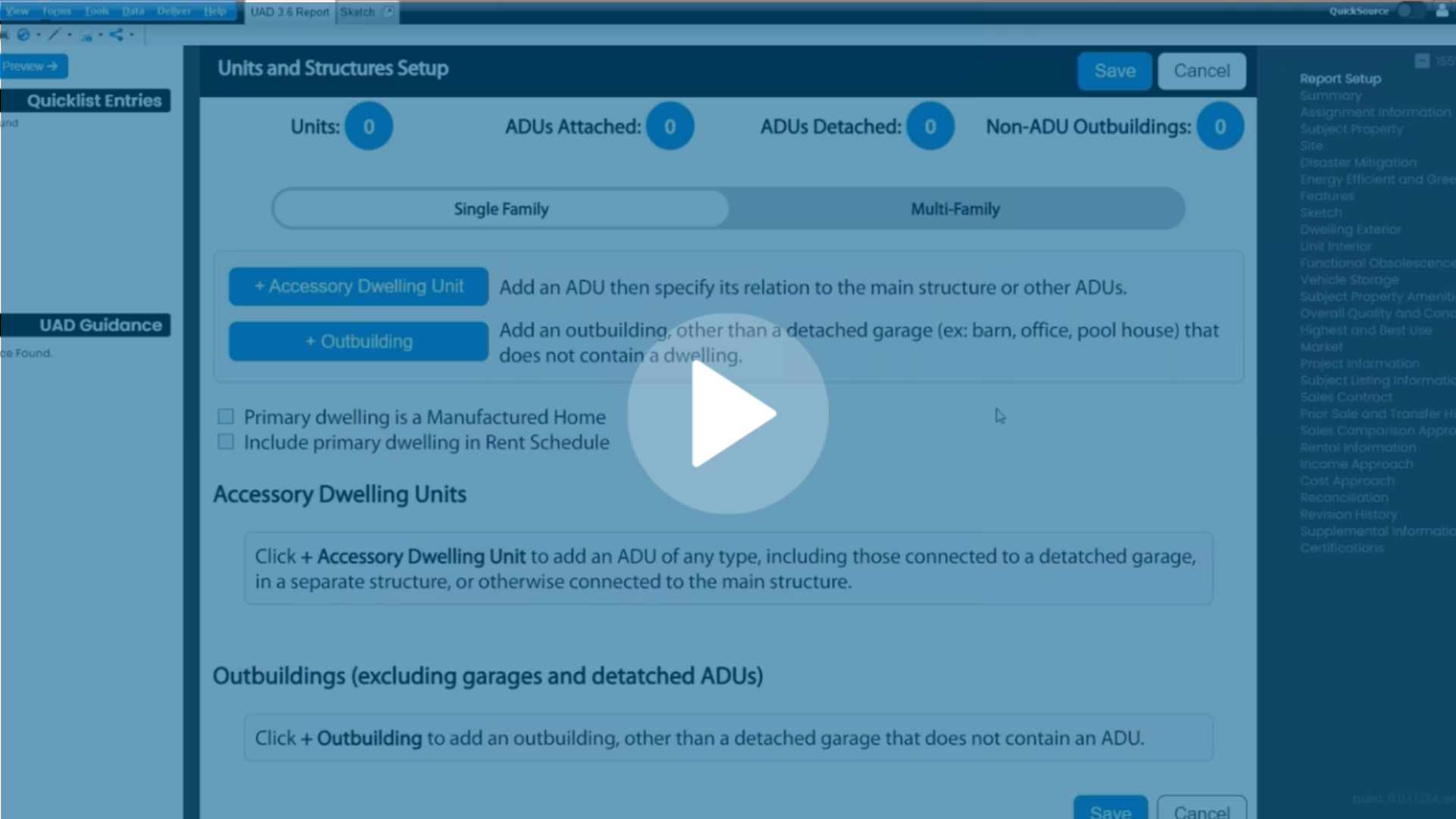
.png)

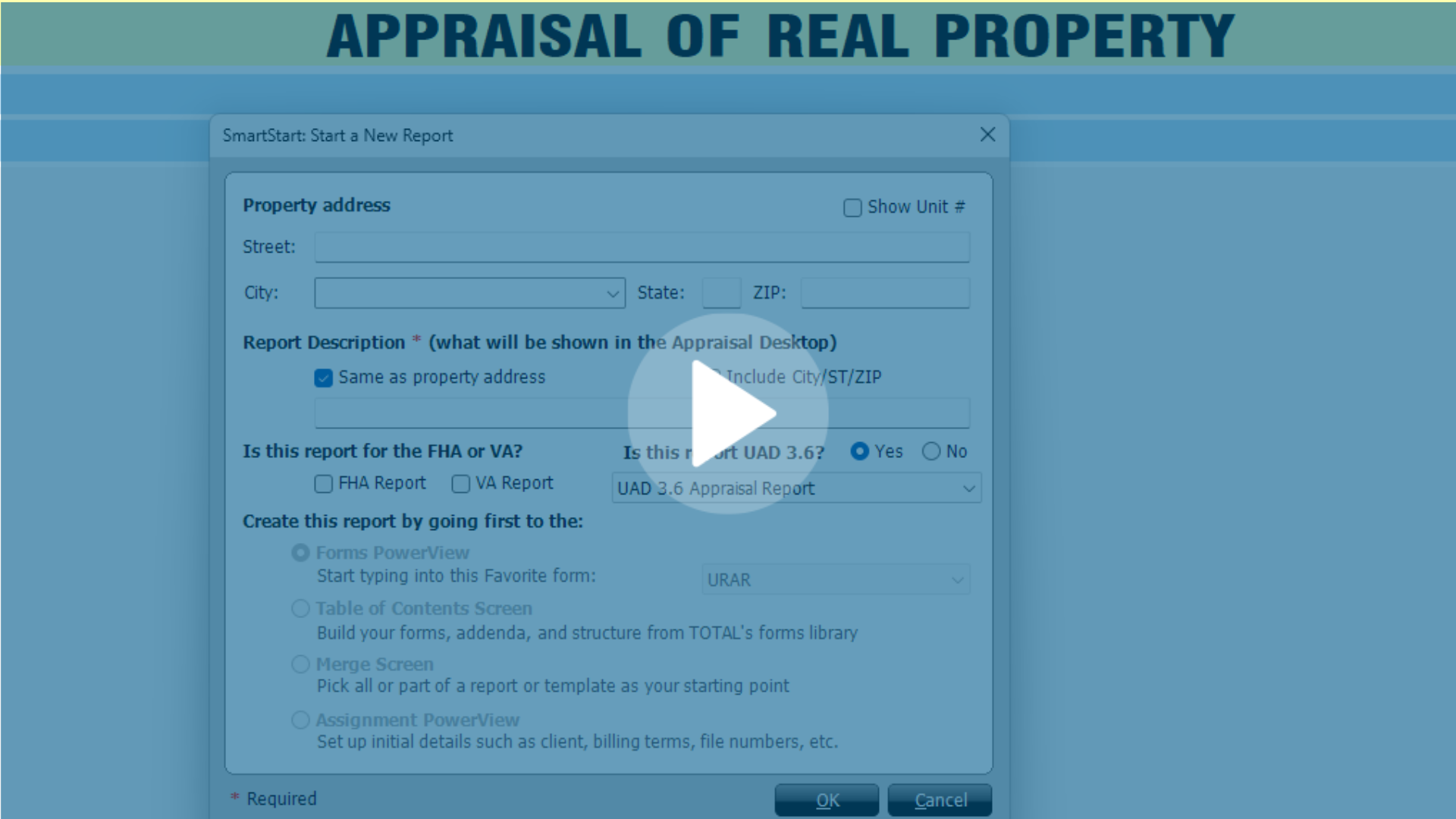


.png)
-1.png)
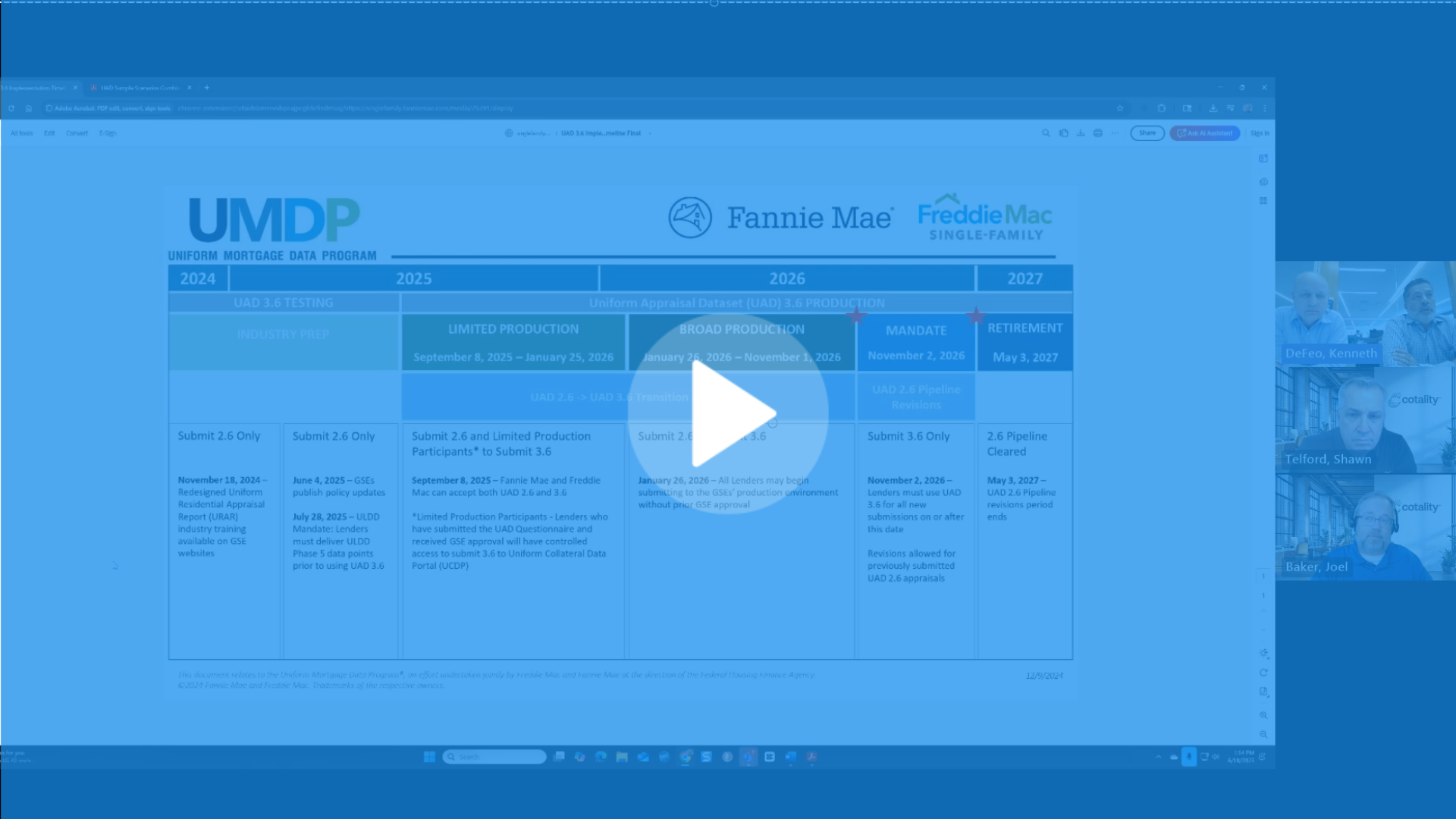
.png)
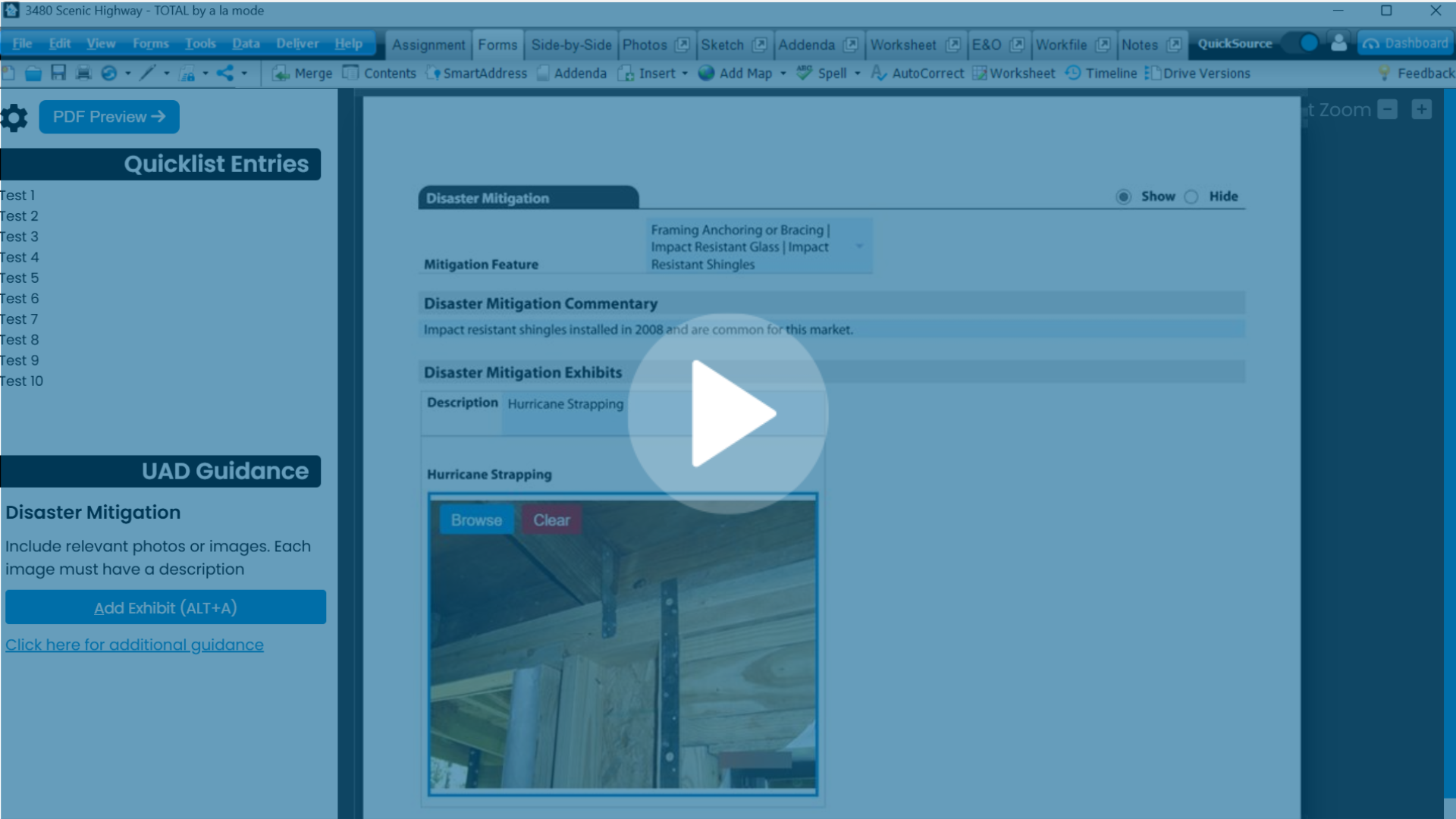
.png)
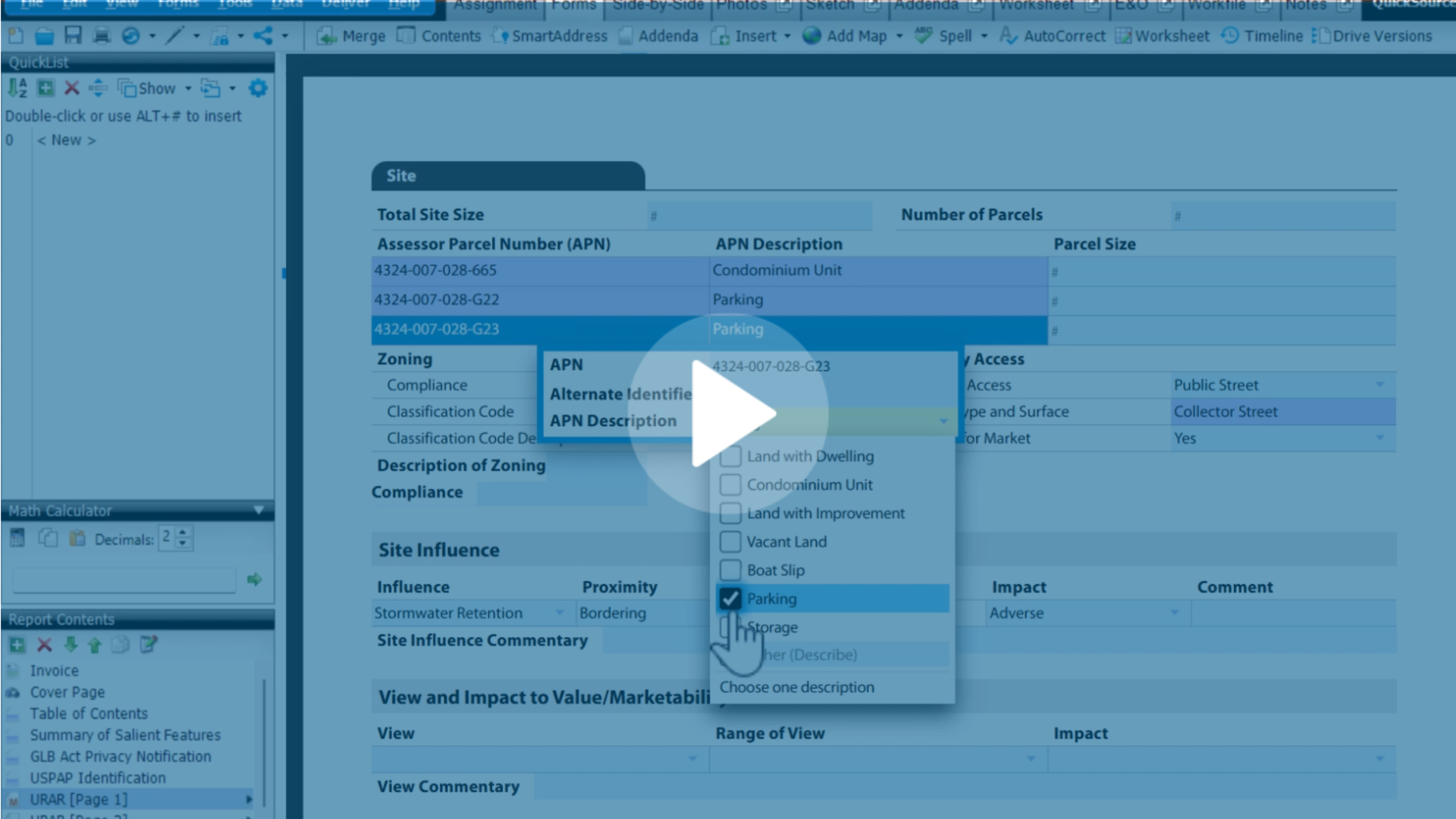
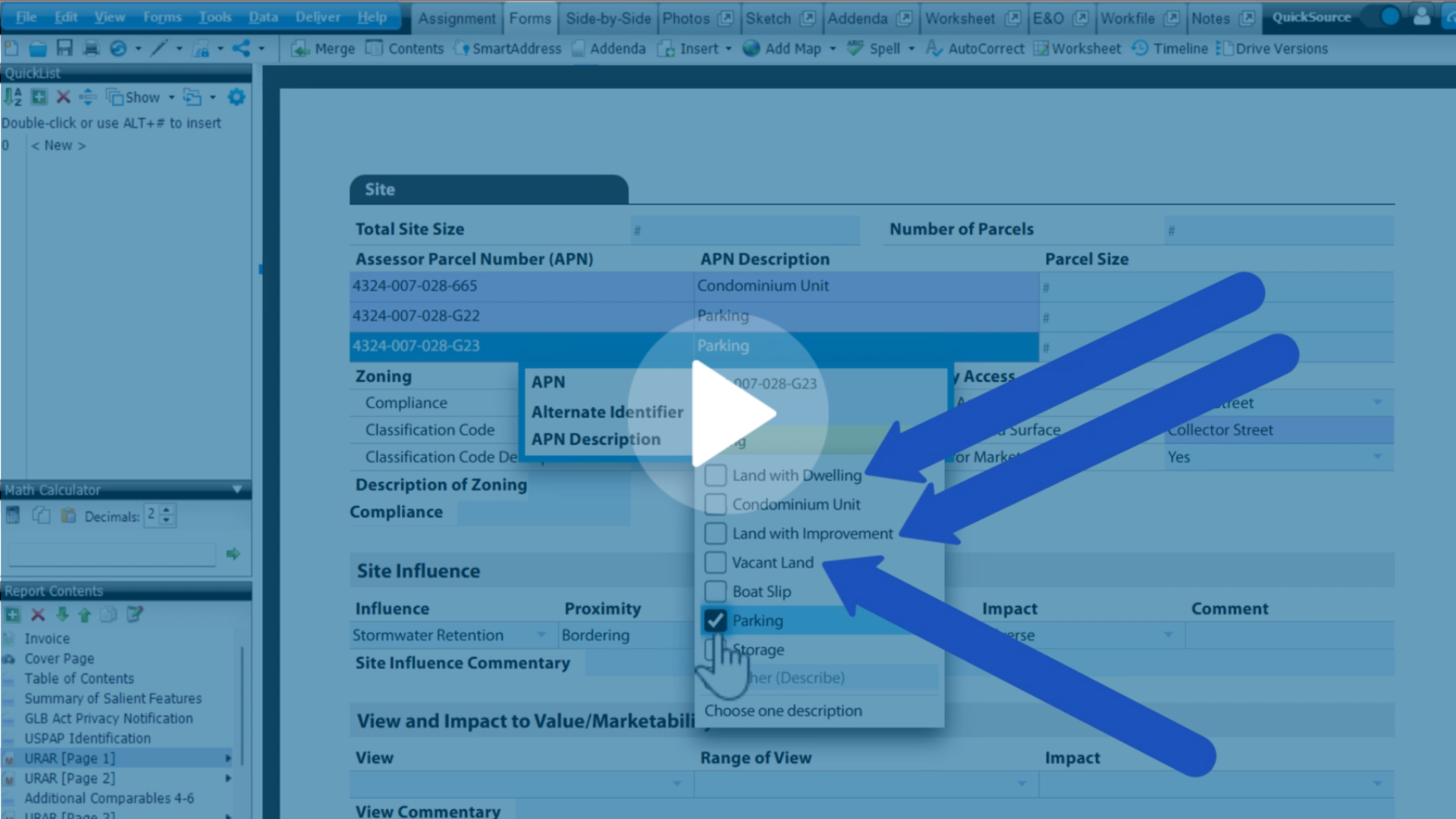
.png)
.png)
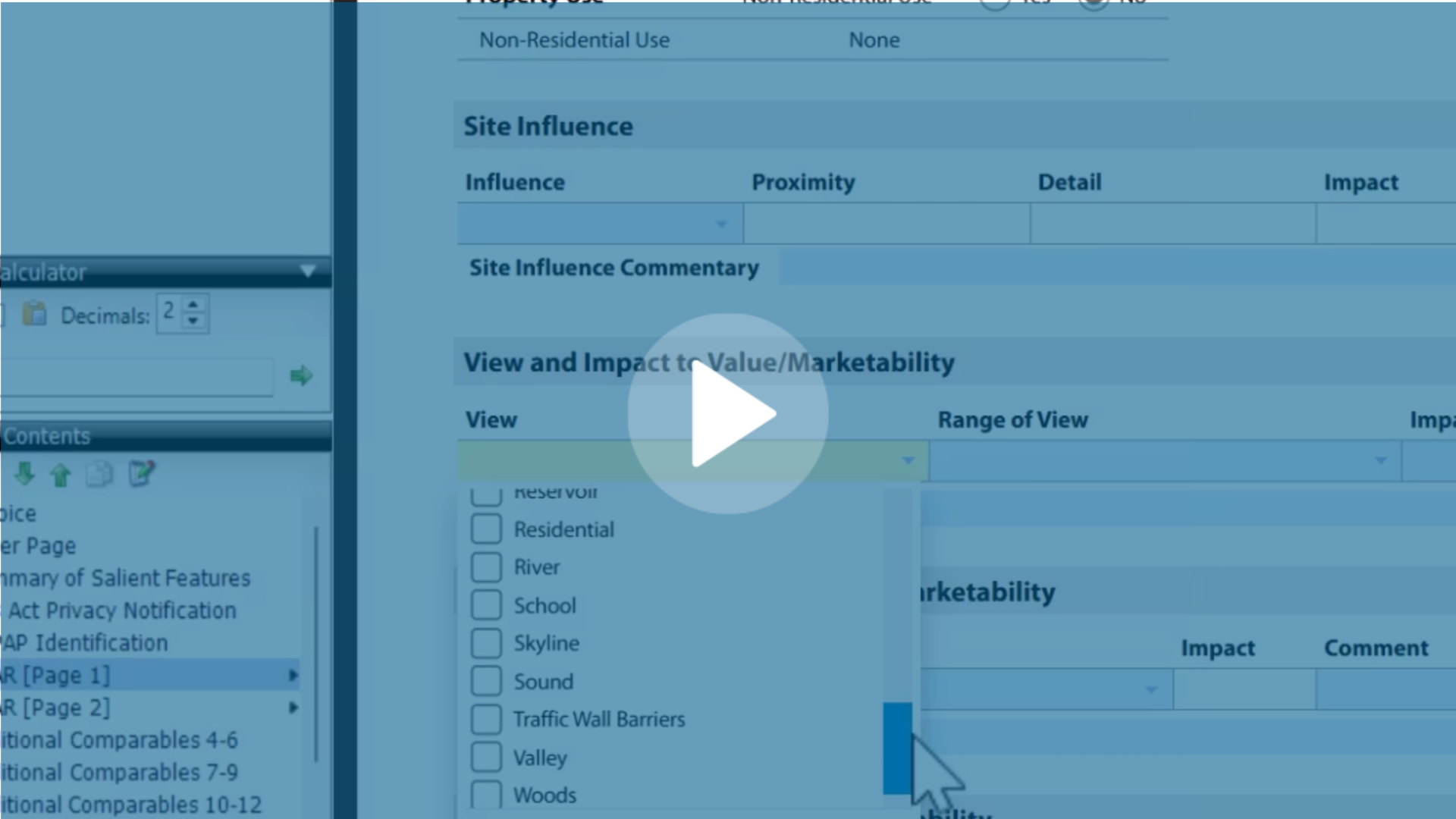
.jpg)
.png)
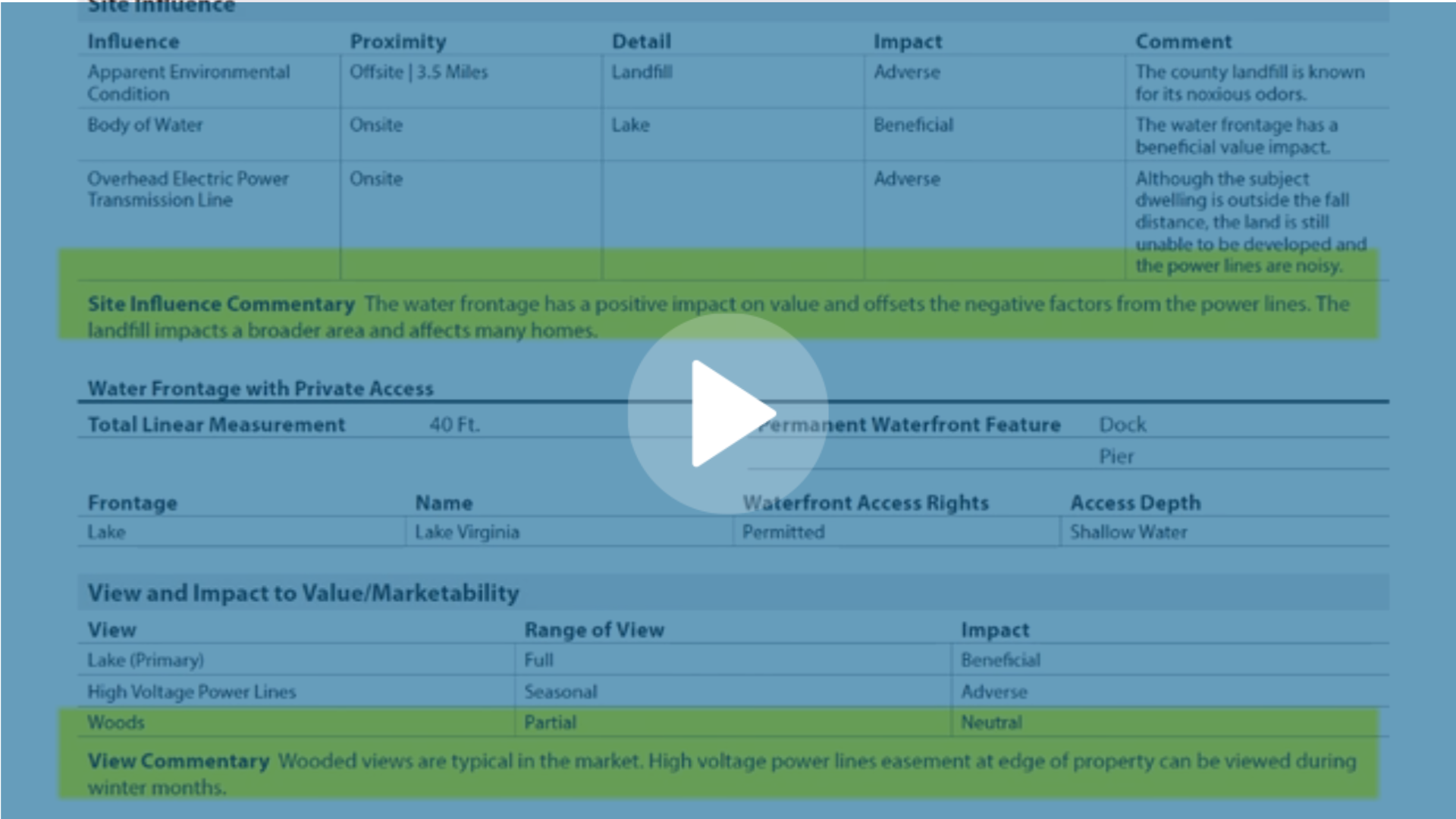
-1.png)



